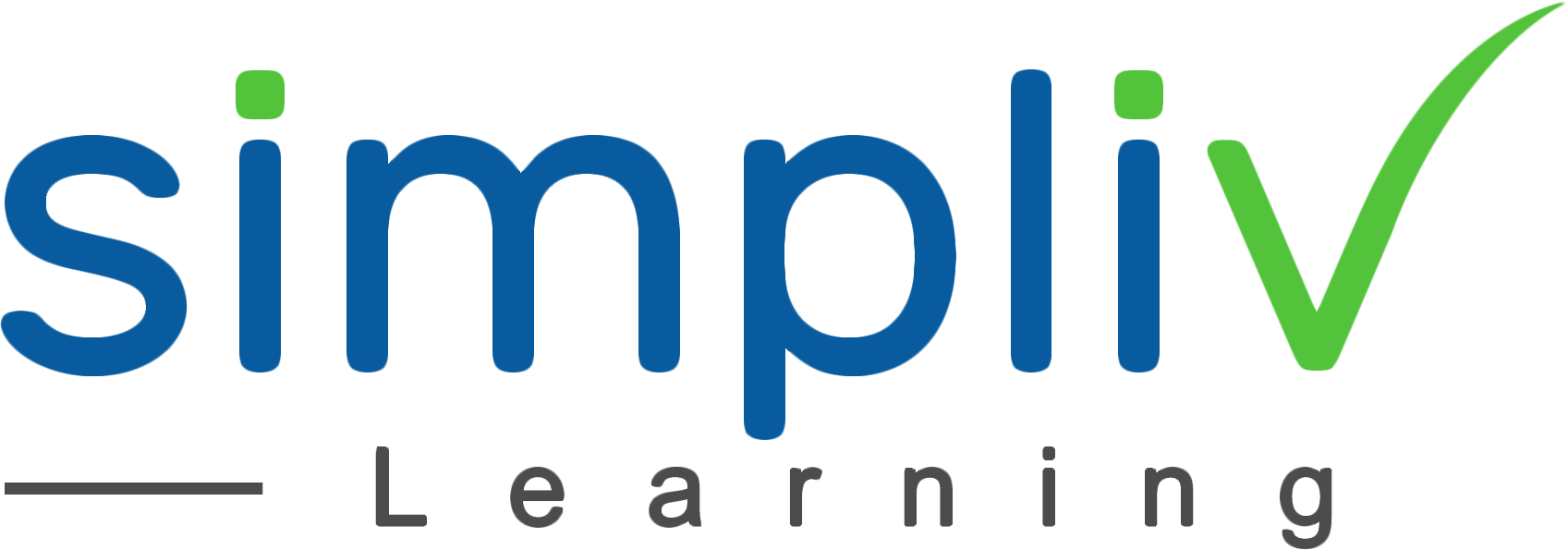MongoDB Certification Bootcamp
Become a MongoDB Developer Expert with this most popular MongoDB Certification Course Training in document-oriented database for Developers. Provides practical knowledge through hands-on exercise classes in getting commenced with this next-era database to build effective operational applications.
Data Science & Analytics
10 Hours
Description
Simpliv’s MongoDB Certification Bootcamp is to learn all about this extremely popular database and query language from the ground up, in great detail and with many practical examples!
MongoDB is one of the most important NoSQL databases you can work with these days. It's extremely popular and MongoDB developers are in high demand.
No matter if you're building web applications, mobile applications or any other kind of application or if you're a data scientist - you'll need to work with data. Storing data, querying it efficiently and minimizing complexities whilst optimizing performance are crucial tasks.
MongoDB makes working with data simple - it's built on a philosophy that prioritizes performance and efficiency.
In this course, you'll learn all about MongoDB from scratch.
Course Objectives
Learn what document databases are and how data is organized with MongoDB
Learn how to perform CRUD operations with MongoDB
Don't stop at the basics - learn all about writing complex MongoDB queries, in-depth
Target Audience
Database Admin
Database Server Engineer
Data Analytics and Visualization Engineer
Developer working on Web, Cloud, Mobile, and other social technologies
Applications Engineer
Basic Understanding
No prior MongoDB or database experience is required!
Course Content
No sessions available.
Coupons
Live Support
Call
+510-849-6155
Mail to
support@simplivlearning.com
